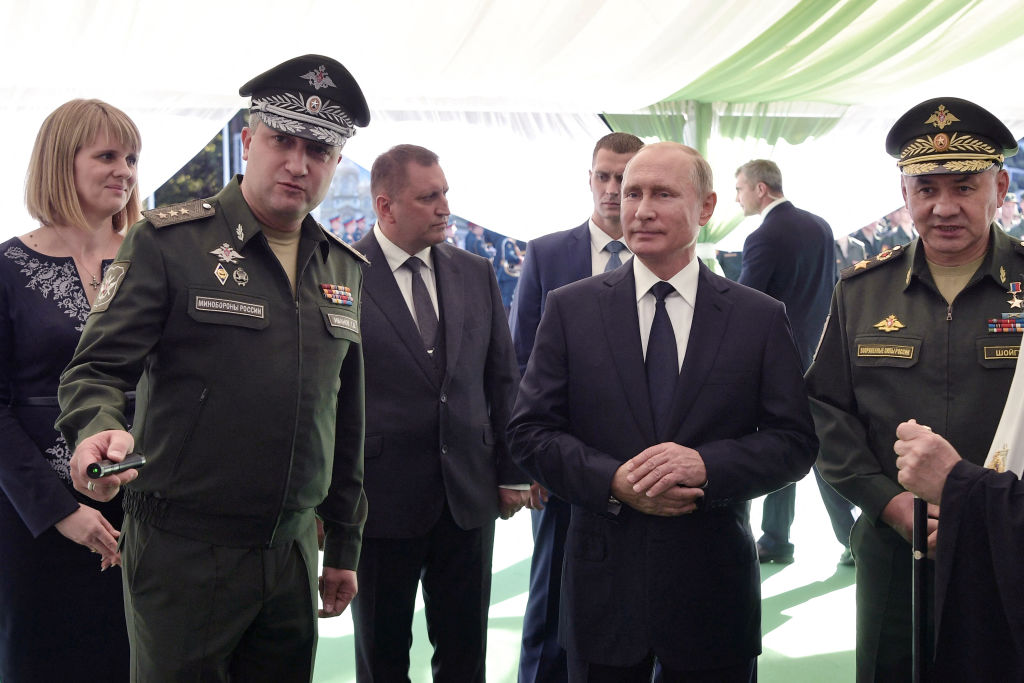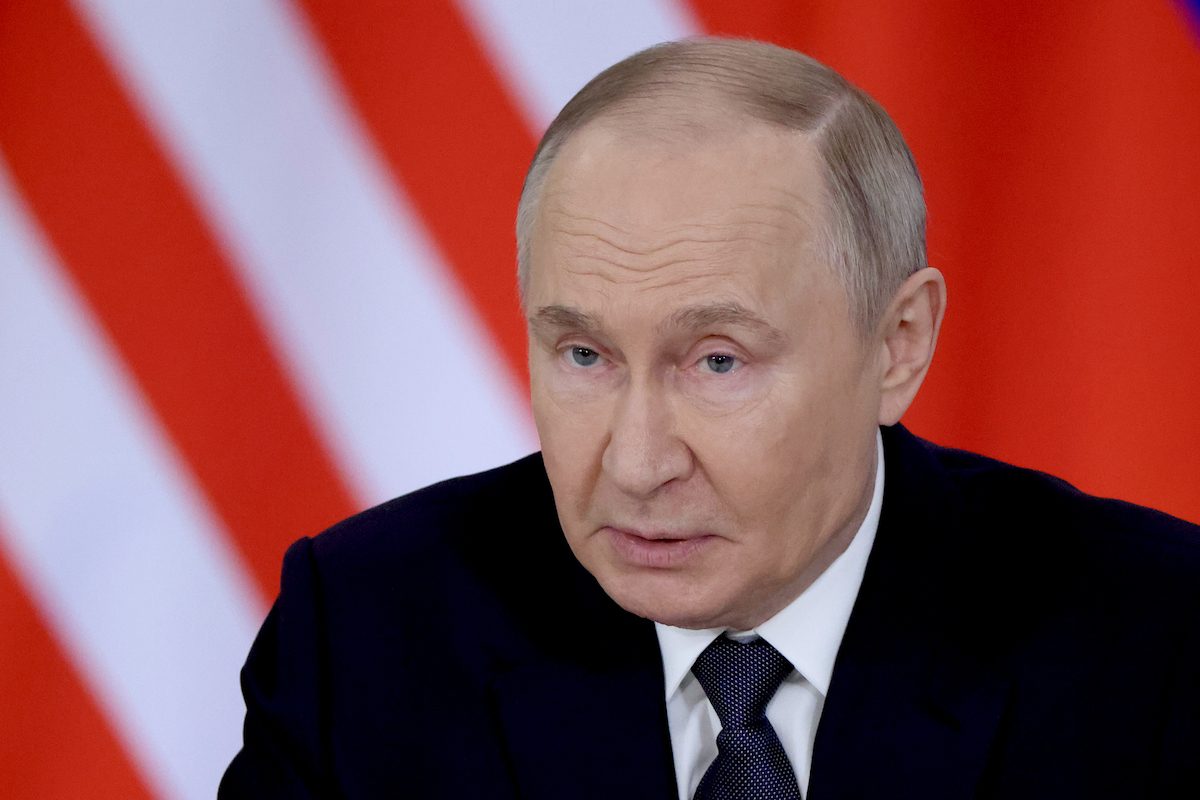The universal corruption of the Russian elite suits Vladimir Putin. When everyone has a skeleton in their closet, power rests with whoever decides which closets get searched. The arrest on corruption charges of Timur Ivanov, deputy minister of defense, is noteworthy not because he was infamously corrupt, but because it raises the question: why him, why now?
This could be the start of a ‘ditch Shoigu’ campaign by his enemies
Ivanov was well known for his lavish lifestyle and his reputation as the “king of the kickback.” Since 2016, he had been in charge of the Defence Ministry’s property portfolio, construction projects and medical services. To put it another way, all the many housing projects that were fully budgeted for, three-quarters built on the cheap, and then abandoned, were Ivanov’s. All the modernization projects for crumbling service personnel and family housing blocks and medical facilities that were again fully funded, then carried out (if carried out at all) unsafely and shoddily — his too.
Ivanov’s real protection — his krysha, roof, in Russian slang — was defense minister Sergei Shoigu. He had worked for him during the minister’s brief spell as governor of the Moscow region. When Shoigu had moved to the Defense Ministry, Ivanov was tapped to head one of its commercial subsidiaries, the Oboronstroi construction agency. Shoigu then made him one of his deputies.
Ivanov ended up overseeing a range of high-value, low-scrutiny construction projects: the Park Patriot military theme park, and the khaki-colored Cathedral of the Armed Forces, its walls adorned with mosaics of angels helping Russian armies to victory, its floor made of melted down Nazi regalia captured in the second world war.
Although, as usual, there is no end to the breadth and variety of conspiracy theories to be found on the Russian internet about Ivanov’s arrest, informed opinion is essentially clustering around three theories.
The first is that Putin is getting worried about the degree of elite corruption, and since he is not going to crack down on his friends (or crimp his own lifestyle), he is looking for a suitable scapegoat or two. Ivanov’s mistake was not to be corrupt — what high-up Russian official lives off his salary alone? — but to steal more than someone at his level ought to be stealing. By breaking the informal rules of the system, he became fair game. Alexei Navalny’s Anti-Corruption Foundation published an expose in December 2022, linking Ivanov to the embezzlement of funds earmarked for the reconstruction of war-ravaged Mariupol. Part of the funding had come from St. Petersburg, Putin’s home city.
The second theory is that Ivanov got into a struggle for assets with a sharper-toothed rival. This may well be Lieutenant General Vladimir Alexeyev, deputy head of military intelligence, an ex-Spetsnaz special forces officer, and now the man in overall control of mercenary forces. Ivanov and Alexeyev were reportedly feuding over control of former Wagner Group assets, and getting your rival arrested is a time-honored business tactic in Putin’s Russia.
The third possibility is more intriguing: this is a first move against Shoigu, cutting away his clients and allies before moving against the minister himself. Shoigu, after all, has proven a terrible wartime minister, unpopular with the troops who once revered him, and even with his own generals. He is a personal friend of Putin’s, though — and also a subtle and capable political operator, who was pleased to see the back of his rival, Wagner chief Yevgeny Prigozhin. Ivanov was arrested by the Federal Security Service, one of the agencies closer to Putin than Shoigu.
This could be the start of a “ditch Shoigu” campaign by his enemies, and the suggestion that Ivanov may be charged with treason charges would certainly up the ante. Can Shoigu be a real patriot, if he elevates and protects embezzling traitors in a time of war? Shoigu has since fired Ivanov, but too little, too late.
Putin will be inaugurated for his fifth term in office on May 7, at which point the cabinet formally resigns, giving him greater scope for a reshuffle. Until recently, it looked as if Shoigu (who may well have wanted to lose his thankless job, although not under these circumstances) was going to be reappointed, simply because Putin wants to avoid disruptive churn at the top of the security structures. Now, that is not so certain.
If Shoigu goes, then the (even less popular) chief of the general staff, General Valery Gerasimov, will likely go to, so the new minister can pick his own army chief. Shoigu and Gerasimov looked like a dream team in peacetime, but turned out to be a nightmare in war. Kyiv may well enjoy the spectacle of a purge in Moscow, but what if the new team proves more competent?
This article was originally published on The Spectator’s UK website.


























Leave a Reply